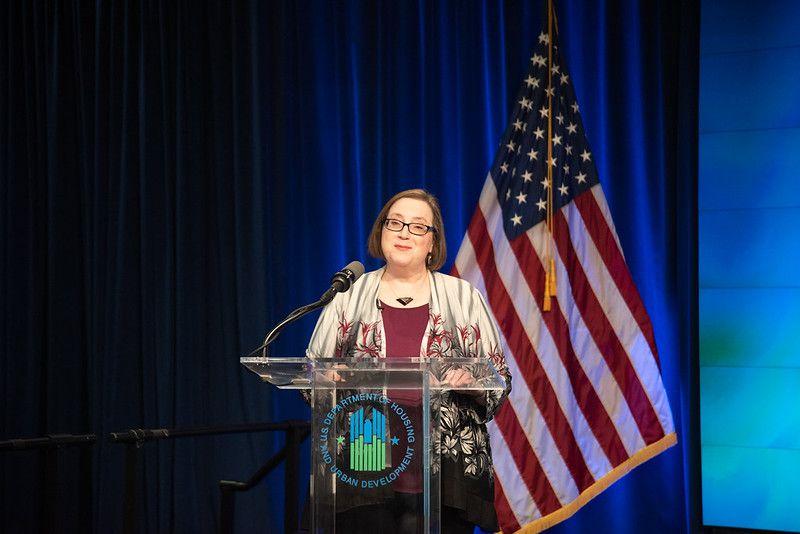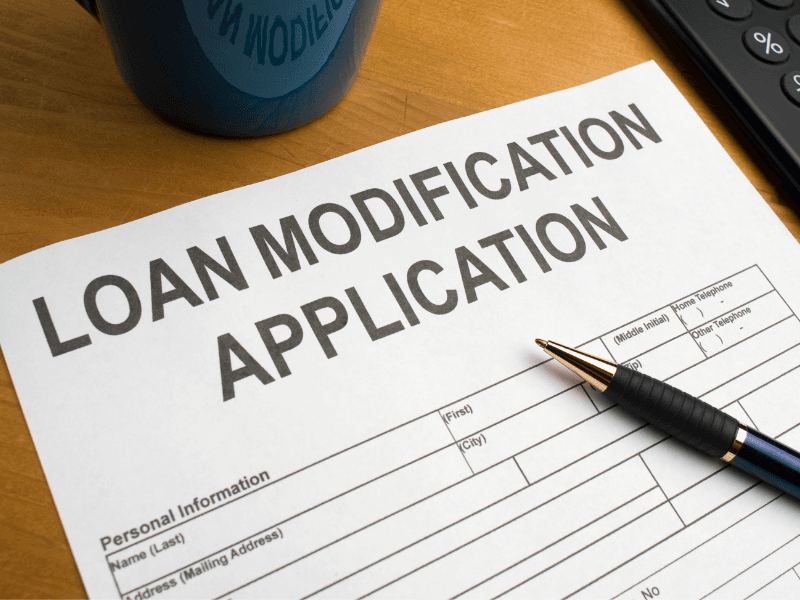How to Remove FHA Mortgage Insurance

What is annual FHA mortgage insurance?
FHA loans are popular amongst homebuyers looking for a lower down payment option than a conventional mortgage or perhaps don’t have the stronger credit profile needed for a traditional home loan.
The Department of Housing and Urban Development (HUD) runs FHA and guarantees the home loan for the lender should an FHA homeowner default or fail to make their mortgage payment. The guarantee is funded by two insurance premiums all FHA buyers finance into their mortgage payment.
The first premium is an upfront charge that is financed by being added to the borrower’s loan amount at closing. It’s a simple fee equal to 1.75% of the base FHA loan amount.
The second insurance premium is an annual fee paid monthly as part of your FHA payment. It’s this annual fee that has become the subject of debate for fair housing advocates over the last decade.
Annual FHA premium calculations are complicated, but the gist is FHA charges the insurance premium annually on the average principal balance of the loan over a one year period. That amount is then divided by 12 months and added to the mortgage payment.
Like private mortgage insurance (PMI), these premiums fund reserve balances to protect lenders making FHA loans. Unlike other types of mortgage insurance, FHA annual premiums never stop on most FHA loans. A 30-year FHA loan after a 3.5% down payment will carry annual FHA premiums as long as the loan has a balance, regardless of how much equity is in the home. This equates to thousands of dollars over the life of the loan.
Traditional PMI can typically be dropped when the balance falls below 80% of the home’s value. While there are exceptions to the term-of-loan FHA mandate, if you have an FHA loan issued after 2013, you’ll likely pay FHA MIP until your loan is paid off.
How to Remove FHA Mortgage Insurance
It should be clear by now that simply dropping FHA MIP from your existing loan is probably not possible. The only way to remove FHA mortgage insurance is to refinance to a conventional mortgage with no PMI. Property values have risen dramatically the last several years and interest rates are still historically low. As long as your new mortgage is less than 80% of its current value, refinancing without PMI is possible. Keep in mind, just like any other mortgage loan, you still need to qualify.
A good place to start is calling your current lender. They can review your FHA loan to determine if dropping the MIP is possible. Again, if you obtained your loan post-2013’s policy changes, it likely is not. Your lender will then be able to provide refinance options to improve your payment situation.
It’s important to weigh all the consequences of refinancing. Closing costs, loan term, interest rates, and how much longer you expect to live in the home all need to be considered when refinancing, regardless of intent. If closing costs outweigh the benefits of removing MIP or you plan to sell the home sooner than it would take to recoup the costs, refinancing might not be the right move.
Changes to FHA Legislation
Finally, is anything being done to eliminate the required life-of-loan FHA MIP policy? Housing advocates claim the policy unfairly discriminates, disproportionately charging borrowers thousands of dollars while the risks go down as the loan is paid down.
Over the last few years, congress has taken steps to restore the policy of removing annual MIP when the loan balance reaches 78% of the original home value. Bills were proposed in 2017 by Rep. Maxine Waters, D-CA, and again in 2019 by Rep. Dean Phillips, D-MN. Neither came to fruition.
While it is discouraging that little is being done to eliminate such a financially penal policy, the reality is homeowners rarely see their loans through to maturity. Average homeownership duration has increased, but the national average is much less than a typical 30-year mortgage term. Many cities average less than 10 years.
After considering how often people move and the available refinance options, very few FHA loans originated after 2013 will make it the full 30 years.
Read More
FHA vs. Conventional Loan: Which is Right for You in 2025?
Trying to decide between an FHA vs. conventional loan? Our guide breaks down the key differences, pros, and cons of each to help you choose the best mortgage for your financial needs in 2025.
Julia Gordon Sworn in as FHA Commissioner
Learn about Julia Gordon who was recently sworn in as the FHA Commissioner under the HUD Secretary.
40-Year FHA Loan Modification Coming Soon?
A loan modification that would extend an FHA borrower’s loan term to up to 480 months has been proposed.
How to Calculate an FHA Loan Payment
Learn how to crunch the numbers for your FHA payments.
20 State Attorneys General Call Upon FHA to Assure COVID-19 Relief Compliance
A group of attorneys general from 20 different states have called upon the FHA to assure compliance with COVID-19 relief efforts.






